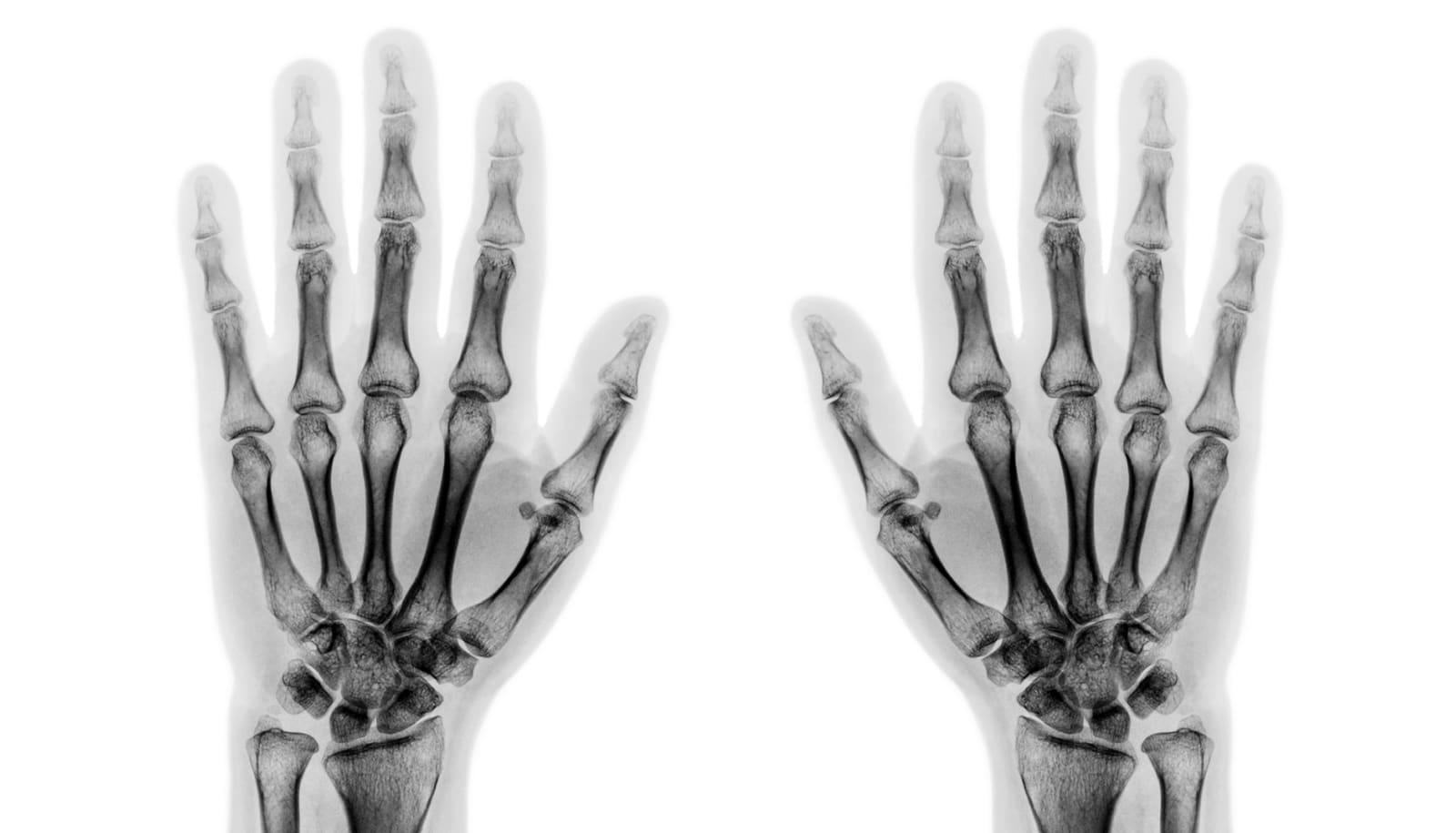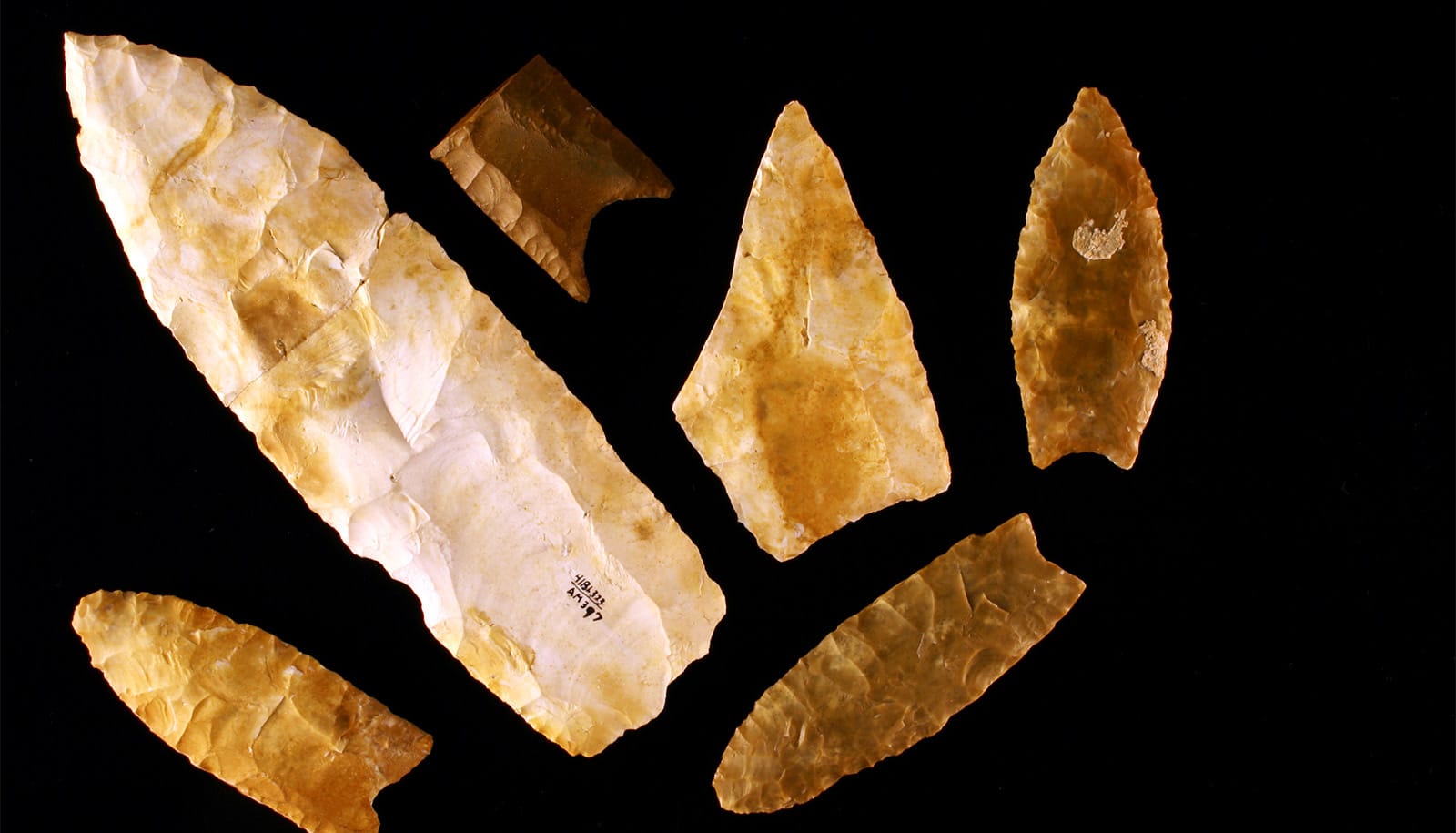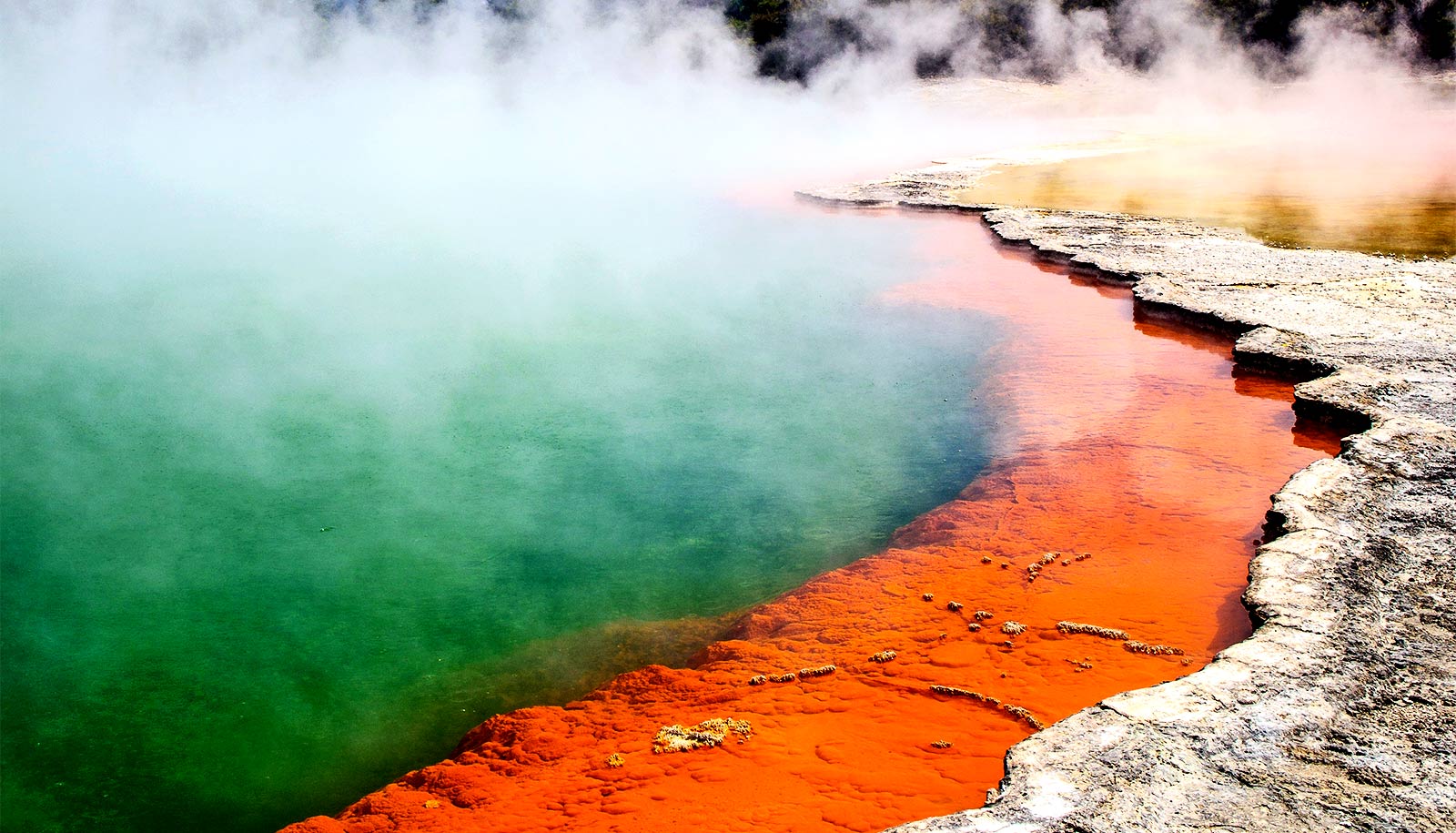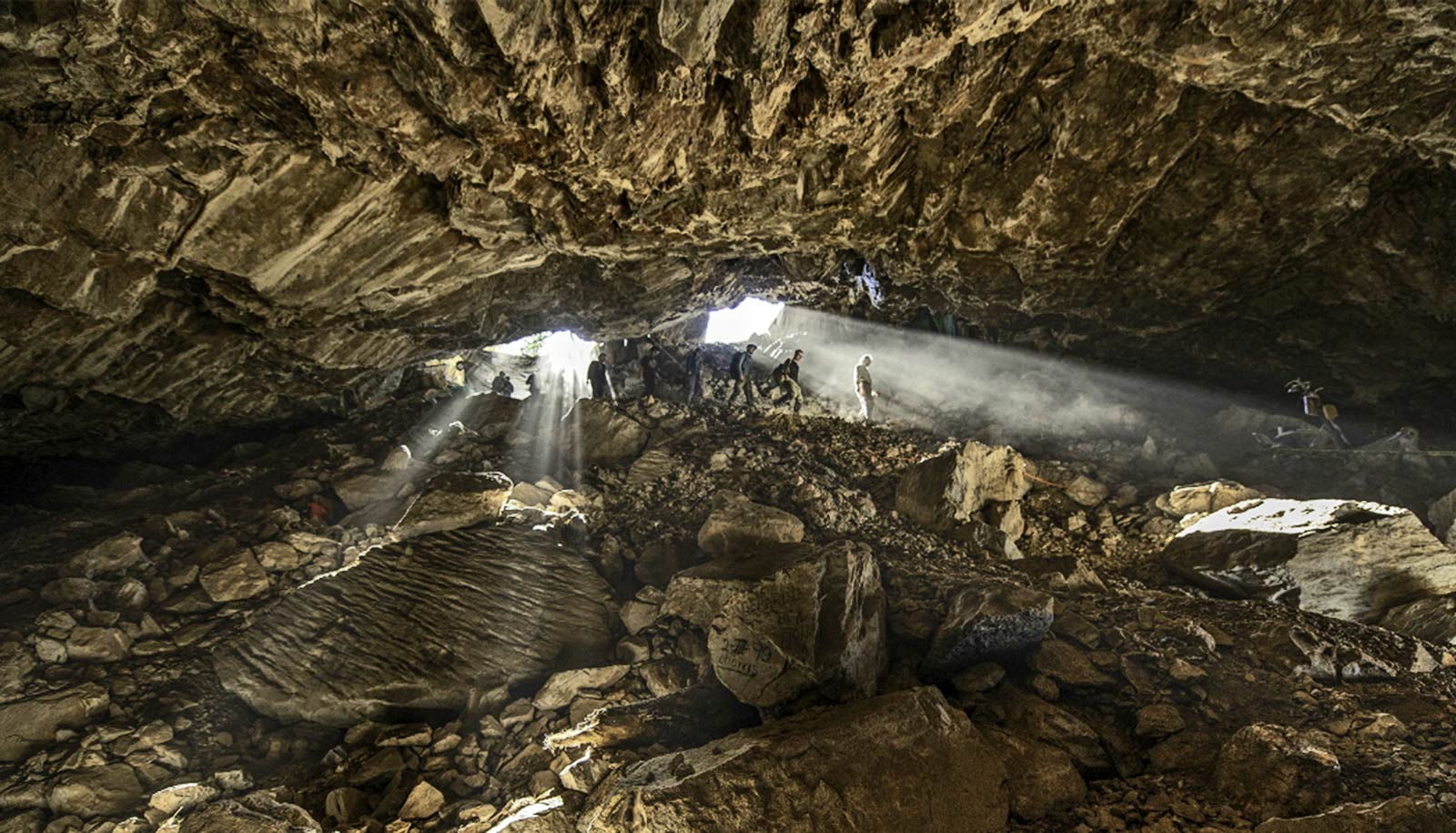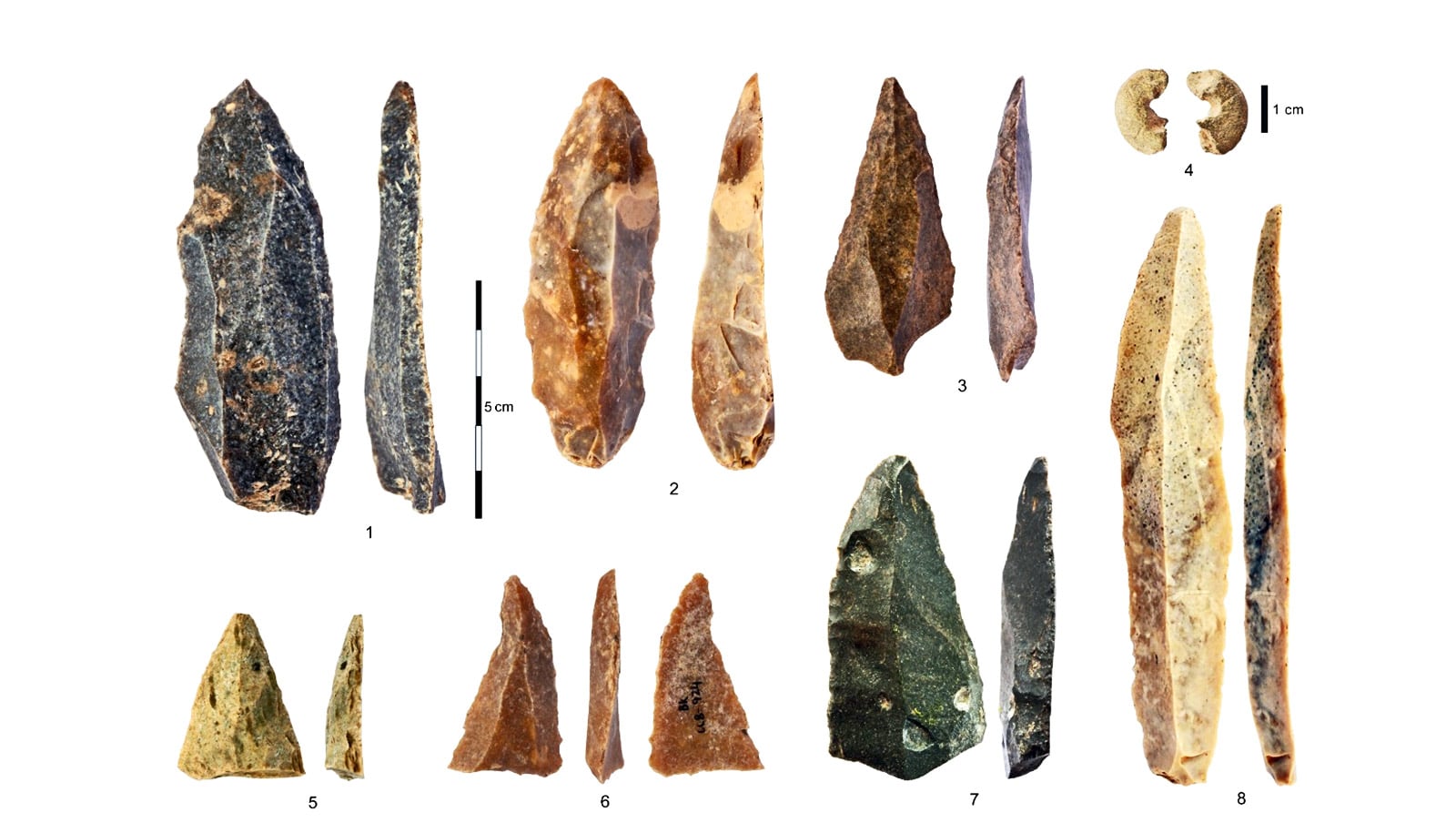Diving in the icy depths: the scientists studying what climate change is doing to the Arctic Ocean – The Conversation Weekly podcast
Plus, new discoveries about early humans in Tanzania's Olduvai Gorge. Listen to episode 5 of The Conversation Weekly podcast.
Daniel Merino, Assistant Editor: Science, Health, Environment; Co-Host: The Conversation Weekly Podcast
• conversation
March 4, 2021 • ~5 min
March 4, 2021 • ~5 min
/
4


